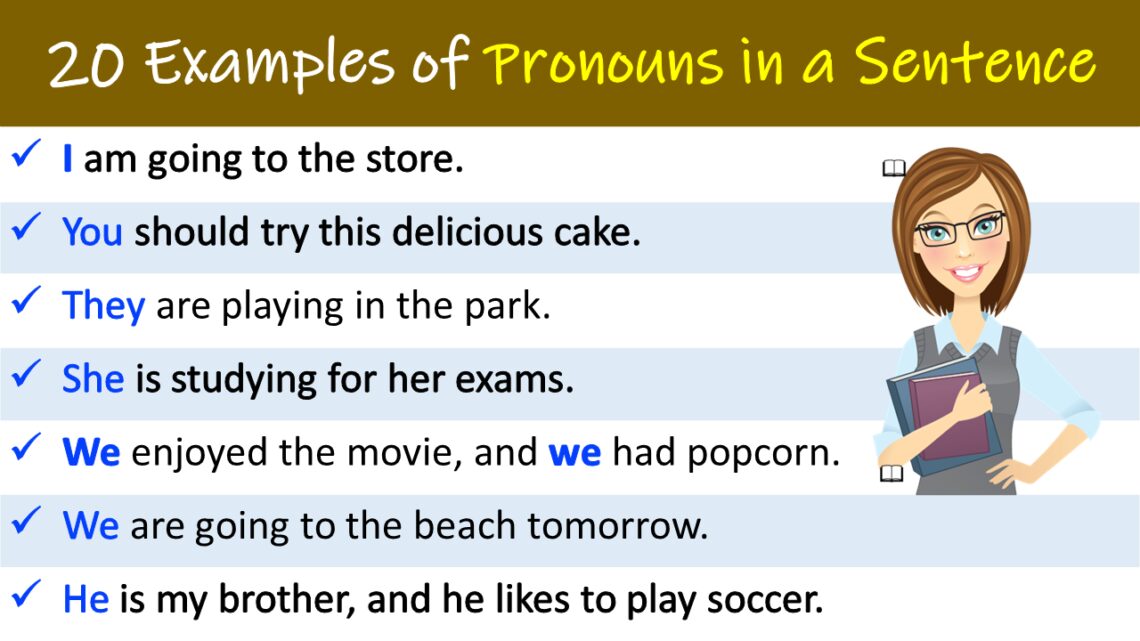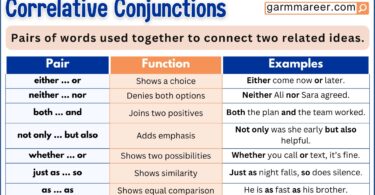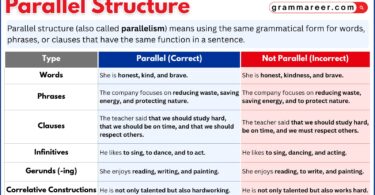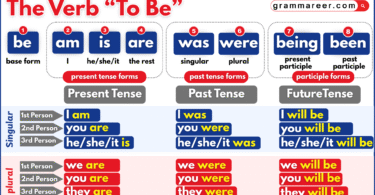In English grammar, a pronoun is a type of word that is used to replace or refer to a noun (a person, place, thing, or idea) in a sentence. Pronouns serve as substitutes for nouns to avoid repetition, making sentences more concise and natural. They are essential for effective communication and help in establishing clarity and coherence in written and spoken language.
Pronouns can take the place of different types of nouns and come in various forms, depending on their role in a sentence. The most common types of pronouns include personal pronouns (I, you, he, she, it, we, they), possessive pronouns (mine, yours, his, hers, its, ours, theirs), reflexive pronouns (myself, yourself, himself, herself, itself, ourselves, yourselves, themselves), demonstrative pronouns (this, that, these, those), interrogative pronouns (who, whom, whose, which, what), relative pronouns (who, whom, whose, which, that), and indefinite pronouns (someone, something, anybody, anything, nobody, nothing, everybody, everything, all, some, any, none, etc.). Below are the 20 Examples of Pronouns in a Sentence:
20 Examples of Pronouns in a Sentence:
Here are 20 examples of pronouns used in sentences:
- I am going to the store.
- You should try this delicious cake.
- He is my brother, and he likes to play soccer.
- She is studying for her exams.
- The cat is sleeping, and it looks adorable.
- We are going to the beach tomorrow.
- They are playing in the park.
- The book on the table is mine.
- Is this pen yours or mine?
- He found his lost keys and put them in his pocket.
- She is my best friend, and I trust her completely.
- The dog wagged its tail happily.
- We enjoyed the movie, and we had popcorn.
- They visited their grandparents last weekend.
- The red car is fast, and it won the race.
- The birds are chirping, and they sound lovely.
- The teacher gave us an assignment to complete.
- Can you pass me the salt, please?
- The children played together, and they had fun.
- He and she are going to the party together.
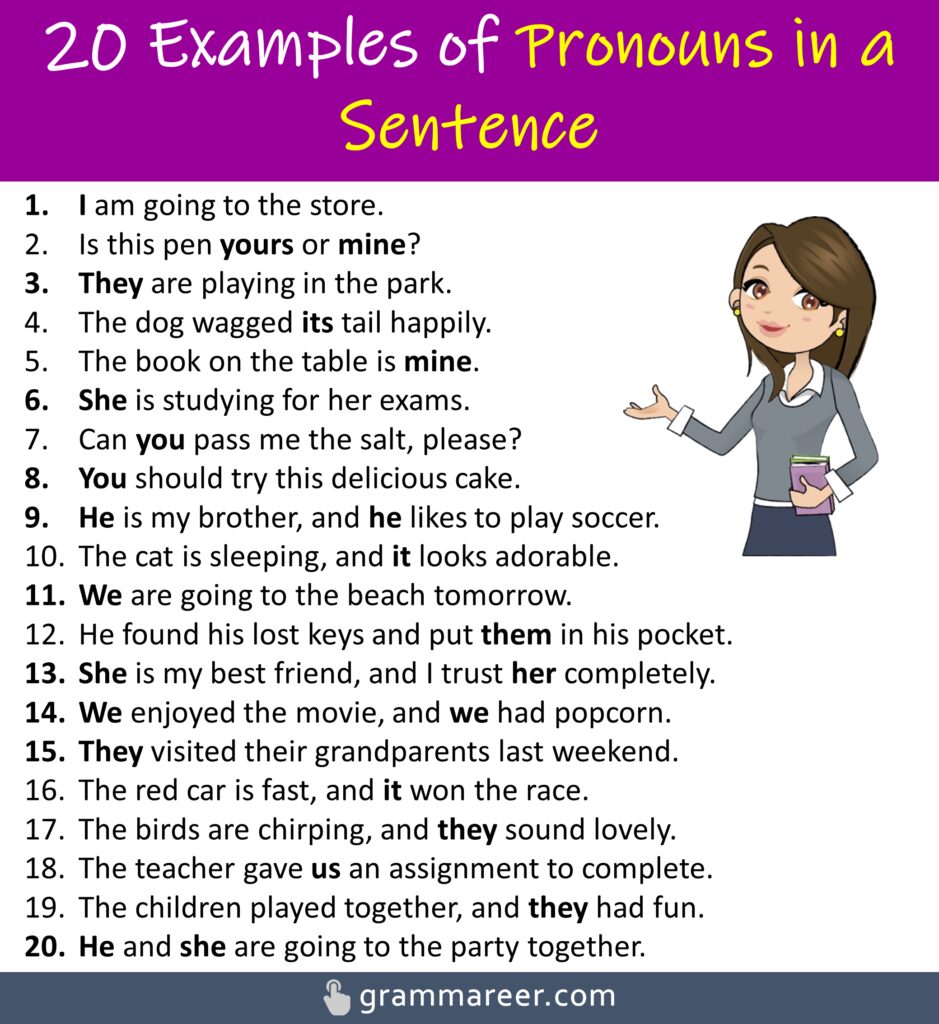
20 Examples of Pronouns in a Sentence
In these sentences, the pronouns (I, you, he, she, it, we, they, mine, yours, him, her, its, us) are used to replace or refer to specific individuals, groups, or things, making the sentences more natural and concise.

